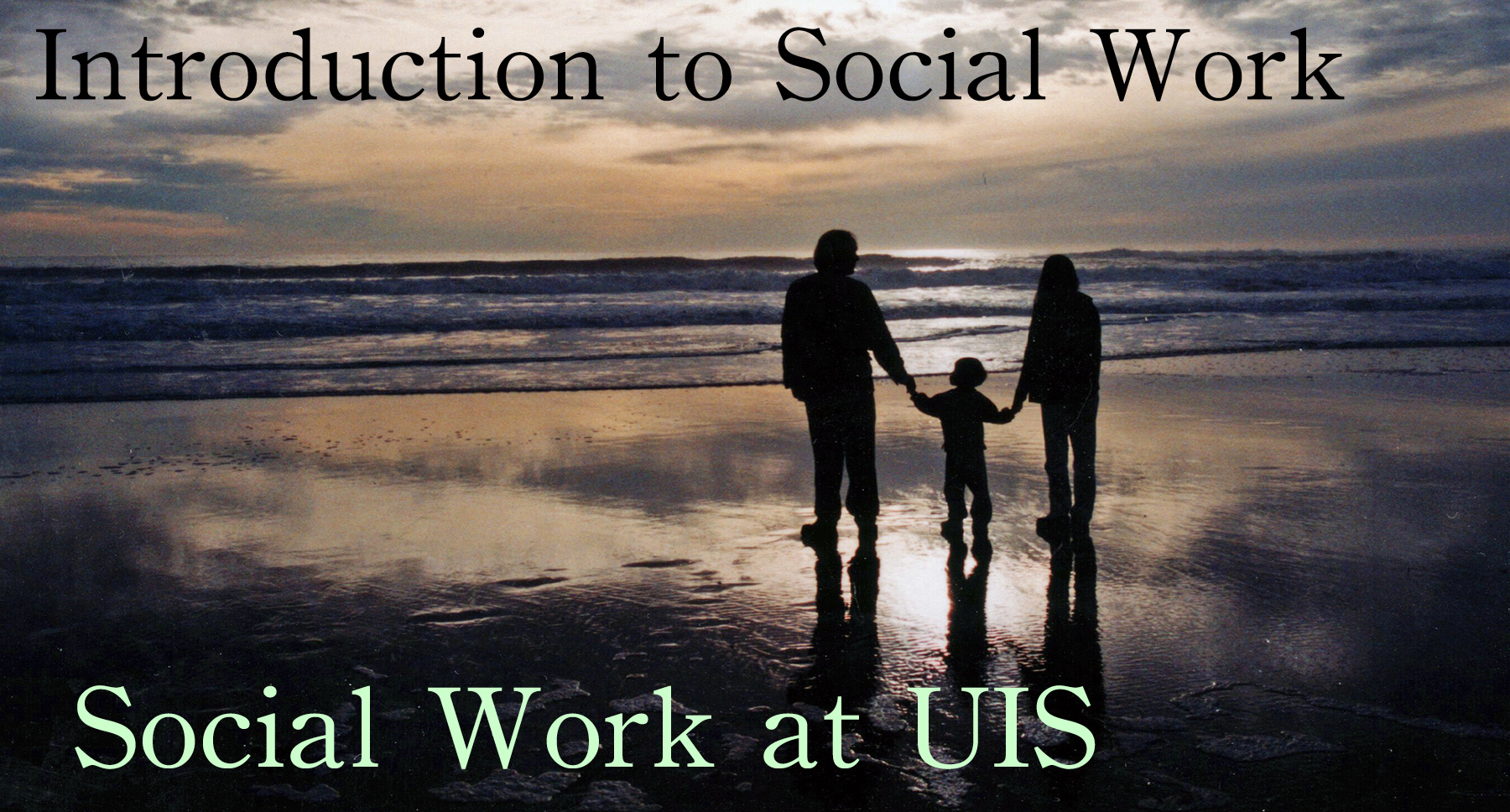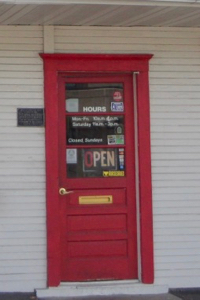Class meeting this week is on Zoom.
Class begins February 24th at 2:00 pm and lasts until 4:30 pm
Class session lasts from February 24 at 2:00pm to March 3 at 1:59pm.
This page describes what you should do in this sixth session.
In spring of 2021 our sixth session begins with a Zoom / classroom class, and this page describes what you ought to do after that Zoom/classroom meeting, and before the start of the seventh session (on March 3rd).
Objectives of this session
- Discuss social justice and human rights, to understand the core value of social justice in social work.
- Check in on how we are getting along with writing our papers
- Consider human diversity and what we mean by “at risk” populations.
- Talk about marginalized populations.
Time Budget for 9 hours
2h 30m Class meeting on Zoom [or come to the classroom if you prefer] and time reading and posting in Canvas discussion board
5h Watch both parts of A Kind Hearted Woman about Robin Charboneau (by David Sutherland). This is available on Kanopy (a film database you can access through the UIS library website) or directly on the Frontline website (part one / part two / transcript). The documentary is about five hours in length.
1h 20m Read Days in the Lives of Social Workers, 5th edition, read chapters 21-25 (pages 161-197). That is, everyone reads the section of the book related to social work in mental health. The chapters are Involuntary Admission: A New Worker’s Introduction to the “603”; A Day in My Life as a Suicide Interventionist; Partial Hospitalization; Life as a Group Home Manager; Disaster Mental Health Services. Chapters 23-27 (pages 179-212) in Days in the Lives of Social Workers, 4th edition.
10m Hopefully, you finished a first draft of your paper by the start of this session, and all you need to do is send it in to your writing peers, and they will send you theirs during this week. You can take a break from writing. Of course, if you did not, and you are still working on your paper, you may need more than the standard weekly time budget of eight to nine hours for this class during this week.
What will happen in the class meeting at the start of this session?
During our 2.5 hours, I expect to use time in the following ways:
- We will begin class with check-in, as always.
- We will go around the class and see how people are doing with writing their papers. What are they learning?
- We will talk about the concept of “at risk” and think about how some people may be more likely to face difficulties in their lives.
- We will consider the way of thinking about “protective factors” and “risk factors” with a consideration of how various traumas and life experiences may make it more difficult for some people to flourish.
- We will consider the concept of “social justice” as one of the core values in social work. What do we mean by the term “social justice” and how do we apply this value in our lives and our work as professionals?
- We will discuss about evidence-based practice and the role of social workers in managed care, referring to the chapter you read in Days in the Lives of Social Workers.
What must you read this week?
If you are reading Days in the Lives of Social Workers, 5th edition, read chapters 21-25 (pages 161-197). That is, everyone reads the section of the book related to social work in mental health. Chapters 23-27 (pages 179-212) in Days in the Lives of Social Workers, 4th edition. These chapters are Involuntary Admission: A New Worker’s Introduction to the “603” by Beth Boyett; and A Day in My Life as a Suicide Interventionist by Yvonne Bergmans; and Partial Hospitalization by Kenneth G. Smith; and Life as Group Home Manager by Angela Marie Brinton; and Disaster Mental Health Services by John D. Weaver.
Work on your paper.
You need to complete your first draft of your paper in this session. You should be able to submit it during the first week of March.
You have been assigned to a writing group, and you should submit your paper to each member of your writing group (send it to them by e-mail), and give feedback to each member when they submit their paper to you. You should submit your papers between March 1st and 7th, but you may submit your paper as late as March 10th (the deadline is March 3rd, and as a courtesy to the two classmates in your reading/editing group, you should strive to get them a copy by the deadline, but at the very minimum, you need to get your paper to them at least a week before they owe you feedback). You should give feedback to your writing peers by the end of the 8th session (by March 17th at 1:59 pm in Spring Semester 2021).
Here are your assigned writing peers:
Azure Group: Abdullah Muhammad, Paola Pizana, and Kaily Brown. amuha4@uis.edu, ppiza2@uis.edu, & kbrow30@uis.edu
Rose Group: Amy Balster, Vivian-Malia Faagata, and Jerry Hendrix. abals2@uis.edu, vfaag2@uis.edu, jhend22@uis.edu
Gold Group:Breanna Hemphill, Brandon Bailey, and Griselda Dean. bhemp3@uis.edu, bwbaile2@uis.edu, gdean4@uis.edu
Carnation Group: No one is assigned to this group
Sable Group: No one is assigned to this group, either
Activities
No special activity this week.
Working on your Assignments
You should put most of your time into writing your paper in this session.
- Read the seven chapters in Days in the Lives of Social Workers assigned to you this week.
- Work on the first draft of your paper. You should be able to finish it by the end of this session or early in the 7th session, and then share your draft with peers in your writing group.
- The discussion board questions this week are for the 6th and 7th sessions, so you might just spend a little time on them this week, and put more effort into them next week after you finish your first draft of your paper.
Discussion Questions this week
Here are the discussion questions. You should have time to answer a few of them, and also respond to some of your classmates. Remember to devote at least an hour to the discussion board participation, even if you attended the Zoom class meeting.
- DQ 6-1: How are you doing?
This is the thread for you to explain what is going on with you and how you are doing and what you have been doing outside of your life as a student. Or, maybe, tell us what you have been doing in your studies.
- DQ 6-2: Ideas you are encountering
As an undergraduate student, you are supposed to be encountering big ideas in some of your classes, and learning some theories about how the world works. By the time you graduate, it would be good for you if you could look back over the courses you took and think of some of the significant insights you took from each class. Especially, it's good if you can summarize or paraphrase several theories, models, frameworks, or laws about the way the world works. This socializing thread is one where you can share some of the major ideas you are encountering this semester. What are some of the major theories or big ideas that you are learning about in your various courses and readings?
-
DQ 6-3: Involvement in the democratic process
Advocacy is an important part of the social work profession. Perhaps we mainly consider advocacy as the things we do to help our clients get the dignity and fair treatment that they deserve, but policy practice advoacy is another part of being a professional. When there are bills suggested in congress or the state legislature, or ordinances proposed in city or county boards and councils, we ought to offer our professional opinions and advocate for suggested laws, statutes, and ordinances that will promote human rights, social justice, and the well-being of our clients (and the improvement of conditions for our profession, provided that does not conflict with the other three goals). Check out the advocacy page of the Illinois chapter of NASW, and see what our professional association is working on in our state. Look up what you can find about Advocacy Day. Check out the advocacy page for NASW and the PACE page. Check out events you might attend or watch at the NASW Facebook page.
- DQ 6-4: Building Social Capital when you are an Administrator
In a chapter you recently read in Days in the Lives of Social Workers (Life as an Agency CEO, from the 5th session) you learned about Judith Czarnecki, a social worker who is the CEO of a social service agency. She has lots of meetings, and gets called by the Vice President of a local hospital, receives a visit from the new Chairperson of the United Way, and calls the CEO of another agency who is her friend. Notice also that she attends a luncheon Rotary meeting and meets the President of a local bank there. What are some ways that the CEO of a social service agency can develop friendly contacts with such people? Judith describes "competition" from the few other women in the Rotary club; did you understand what she was talking about? Where do you think a social worker who is rising up to higher levels of administration or management can meet the sort of people Judith is meeting? Why is it important for social workers in her role to cultivate friendships with such people?
- DQ 6-5: Intoxicated Suicidal Clients
In the first chapter in the section on mental health you read in the 6th session, you encounter social worker Beth Boyett and her client Jesse. Jesse gives Beth five names and phone numbers, and then directly calls her mama, but no one will help her. During the "603" (involuntary commitment) Jesse screams at Beth such words as: "I trusted you, bitch" and "what kind of a therapist are you?" She also gives Beth the middle finger sign. At one point before all this, Jesse says "Don't nobody love me, and I don't love nobody but my truck, my gun, and my drink." Given her behavior, it seems entirely possible that she is not exaggerating. Imagine that: "nobody love me" is the world Jesse lives in. Considering how difficult, abrasive, abusive, and confrontational Jesse is, it might have been difficult for Beth and the doctor (Tom) to maintain pleasant tones of voice, and it might be difficult for Beth to care about Jesse. But, Beth does continue to care about Jesse, and she goes with Jesse to the hospital (as she is being carried there by four security guards). What sort of inner resources and worldview and values can help a social worker such as Beth maintain a pleasant and caring attitude toward someone like Jesse? How can a social worker really care for clients when those clients insult the social worker, scream at the social worker, and generally behave in ways that would normally make us "drop" someone if they were a friend and not a client?
- DQ 6-6: Social Workers at Mass Casualty Events
John Weaver describes what he and other crisis response social workers do for victims/survivors and first responders at disasters and mass casualty events. Did you learn some new things about how trained social workers respond with people in those situations? It seems one point of quickly responding in such situation is to prevent Post-Traumatic Stress Disorder, or reduce its eventual severity. Another goal seems to be helping people "come down" from shock, or deal with overwhelming trauma. What are some of the techniques or phrases that are more helpful, and what are some less helpful responses? Do you think you might be interested in this sort of work? How does this compare to the victim services work provided by Claire Godfrey (the social worker in the police department) or Ogden Rogers (the social worker in the Emergency Room)? All three types of social work involve dealing with people facing tremendous psychological crises (death of loved ones, for example), but are the techniques the same, or how do they differ?
-
DQ 6-7: Robin's strengths (you will watch the documentary for this question in the seventh session)
In Kind-Hearted Woman we spend about five hours with Robin (Kind-Hearted Woman), and learn a great deal about her. Use this thread to discuss some of her strengths. What has she got going for her? What do you see as character strengths she has? What potential do you see in her? If you were a caseworker assigned to help her get herself ahead in life, what sort of goals would you be hoping she would adopt for herself, and what sort of supports or actions would you think most likely to help her achieve such goals?
- DQ 6-8: Robin's problems (you will watch the documentary for this question in the seventh session)
In Kind-Hearted Woman we spend about five hours with Robin (Kind-Hearted Woman), and learn a great deal about her. Use this thread to discuss some of things in her life that are causing her problems; what she is doing about those issues? Think also about some of the things that aren't shown in the documentary, but we can gather might be going on when David Sutherland wasn't there filming her. For example, consider her frequent moves; her frequent changes in her place of employment or the way people who try to help her or work with her do not continue to work with her, and imagine what was going on to prevent her from having more stability and continued success in activities that seemed so promising. If you were working with Robin, and trying to help her succeed, what sort of targets would you have to try to get her to address or face about her behavior? She admits that she has a long-term problem with depression, so would you consider one of the priorities as addressing Robin's depression, or do you think maybe some behavior modification and changes in her circumstances might contribute to her being able to reduce her depression? What do you identify as her largest needs?
- DQ 6-9: Robin's issues (you will watch the documentary for this question in the seventh session)
The Kind-Hearted Woman documentary touched on issues of sexual abuse, foster care, corruption in a tribal child welfare system, American Indian cultural identity, substance abuse, recovery from substance abuse/addiction, domestic violence, poverty, housing support, and advocacy. There are so many issues to explore! Having spent five hours watching David Sutherland's film, what are some of the main issues or topics that are really sticking in your thoughts and your heart: the ideas or scenes or issues that you keep thinking about when it is all over? Having spent five hours in such intense connection with the film's subjects, you might want to follow up (as the NASW did ) with Robin, Anthony, and Darian. (Darian was student government president at Cankdeska Cikana Community College in Spirit Lake in 2017-18). This is an open thread about the documentary, and I'm guiding you toward discussing the issues and aspects of the film that touched your heart most deeply.
- DQ 6-10: Robin and Darren (you will watch the documentary for this question in the seventh session)
Robin and Darren finally get married. But, wow, do they ever have a lot of work to do. What do you think their chances were for happiness and a long-lasting marriage? What were some of the issues that threatened their marriage, and what do you think they would need to do in order to have a satisfying marriage? What needed to change? What was going to ruin their relationship if it didn't get addressed?















